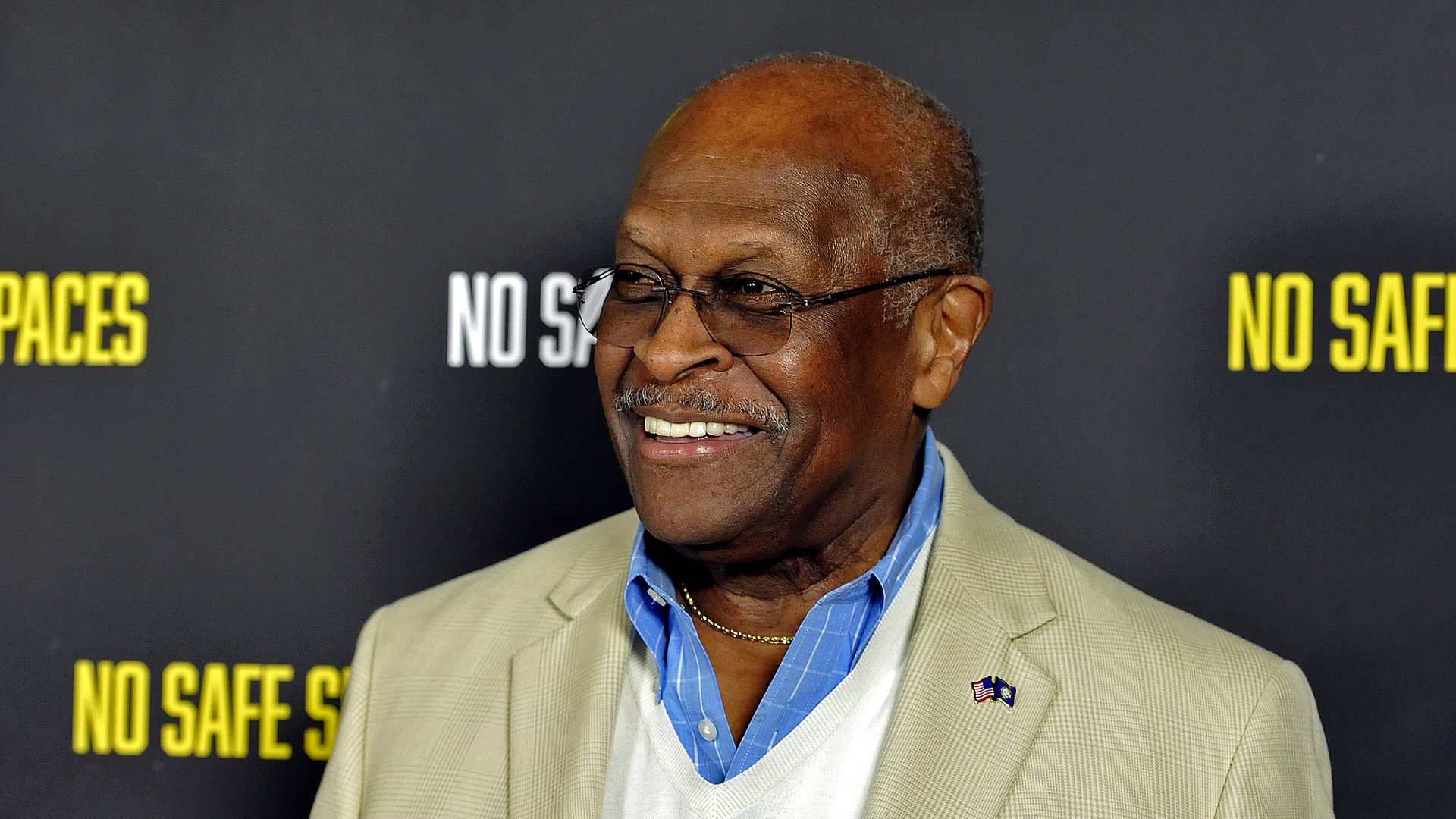- Joined
- Oct 12, 2017
I get the argument, that celebrities and political figures should not be allowed to continue to spread misinformation or give platform to toxic ideas. I agree. That can be really damaging, especially for that type of user base who will see high profile people espousing those ideas, it gives them validation. It's not just about what some silly public figure thinks but the power of their influence and platform.
However.... And I'll openly admit, this is about Trump being released from the hospital and posting on Facebook about how harmless Covid-19 is, I think he compared it to the flu. And the post was removed. It was stupid for him to say that, because even if younger people can survive it, that's not the problem. We know who's at risk for this thing. The problem is younger people getting it and accidentally spreading it to older people or immuno-compromised people.
Anyway, aside from the Covid thing or how you feel about the President, it occurred to me that any other politician or public figure might be embarrassed and attempt to cover up when they have said something so foolish or when they blatantly lie. They have and likely would attempt to delete their own posts to hide the misstep. They could get away with it and pretend it never happened. Yet here we have Facebook doing that work for him.
This topic is about whether or not we should censor public figures on social media. Like, should we push for Twitter, Facebook, Instagram, etc. to delete false information or toxic, hateful posts of high-ranking officials?
I'm conflicted. Because I do believe that people can and will die/get seriously hurt by following the words of their leaders and idols. Just look at Jenny McCarthy and how many people she was able to convince to not vaccinate their children. But I also think that people should know who they're voting for and who they're supporting. When they reveal themselves so brazenly, it is evidence against them. I can't be the only one who's smacked his head against a brick wall trying to convince my friends and family of different politicians being liars and stirring up hate. The times I've found the best success in this is when I am able to show them by that politician's own words what they truly believe.
However.... And I'll openly admit, this is about Trump being released from the hospital and posting on Facebook about how harmless Covid-19 is, I think he compared it to the flu. And the post was removed. It was stupid for him to say that, because even if younger people can survive it, that's not the problem. We know who's at risk for this thing. The problem is younger people getting it and accidentally spreading it to older people or immuno-compromised people.
Anyway, aside from the Covid thing or how you feel about the President, it occurred to me that any other politician or public figure might be embarrassed and attempt to cover up when they have said something so foolish or when they blatantly lie. They have and likely would attempt to delete their own posts to hide the misstep. They could get away with it and pretend it never happened. Yet here we have Facebook doing that work for him.
This topic is about whether or not we should censor public figures on social media. Like, should we push for Twitter, Facebook, Instagram, etc. to delete false information or toxic, hateful posts of high-ranking officials?
I'm conflicted. Because I do believe that people can and will die/get seriously hurt by following the words of their leaders and idols. Just look at Jenny McCarthy and how many people she was able to convince to not vaccinate their children. But I also think that people should know who they're voting for and who they're supporting. When they reveal themselves so brazenly, it is evidence against them. I can't be the only one who's smacked his head against a brick wall trying to convince my friends and family of different politicians being liars and stirring up hate. The times I've found the best success in this is when I am able to show them by that politician's own words what they truly believe.

 Your support makes Blue Moon possible (Patreon)
Your support makes Blue Moon possible (Patreon)